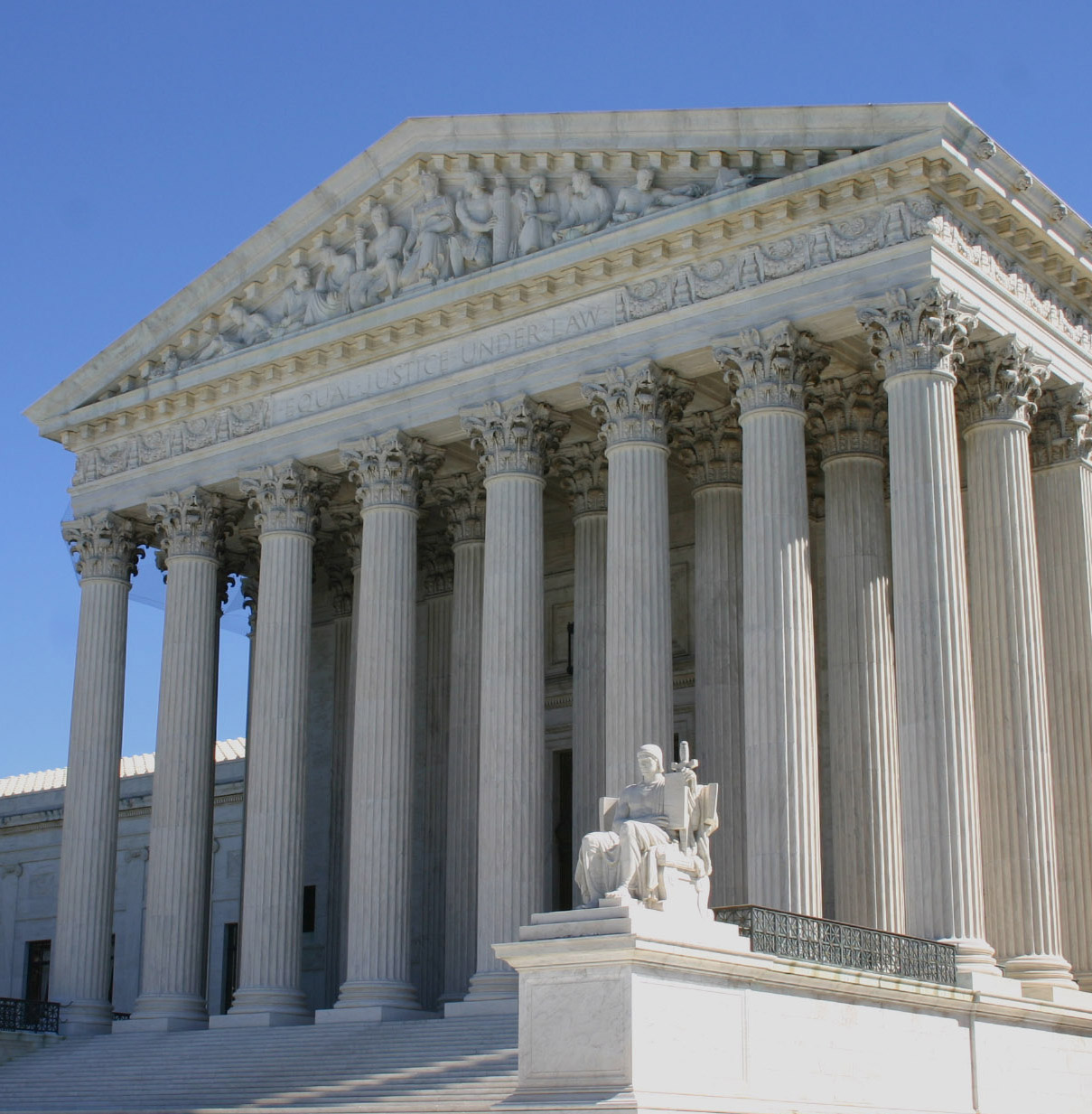On April 1, the U.S. Supreme Court issued an opinion in _FCC v. Prometheus Radio Project_, a case about how courts should review the actions administrative agencies take. The court ruled unanimously that the Federal Communications Commission (FCC) did not violate the Administrative Procedure Act’s (APA) arbitrary-or-capricious test and that the agency properly considered the effects of its orders when it changed certain broadcast ownership rules in 2017.
Justice Brett Kavanaugh delivered the opinion of the court, writing, “Judicial review under [the arbitrary-or-capricious] standard is deferential, and a court may not substitute its own policy judgment for that of the agency. A court simply ensures that the agency has acted within a zone of reasonableness and, in particular, has reasonably considered the relevant issues and reasonably explained the decision.”
The arbitrary-or-capricious test is a legal standard of review used by judges to assess the actions of administrative agencies. It was originally defined in a provision of the 1946 APA that instructs courts reviewing agency actions to invalidate any that they find to be “arbitrary, capricious, an abuse of discretion, or otherwise not in accordance with law.”
Kavanaugh held that the 2017 FCC order was reasonable and reasonably explained and that the APA requires no more from agencies.
The case came out of 17 years of attempts by the FCC to change regulations that govern ownership of broadcast media and involved whether the FCC adequately considered how its rule changes would affect broadcast media firms owned by women or minorities.
Justice Clarence Thomas wrote a concurring opinion arguing that federal courts do not have legal authority to require the FCC to consider ownership diversity.
To learn more about the case or the arbitrary-or-capricious test, see here:
Additional Reading:
- Rulemaking
- Adjudication (administrative state)
- Administrative Procedure Act
- Motor Vehicle Manufacturers Association of the United States, Inc. v. State Farm Mutual Automobile Insurance Company
- FCC v. Fox Television Stations, Inc.
- Administrative State
Text of the SCOTUS decision:
https://www.supremecourt.gov/opinions/20pdf/19-1231_i425.pdf


